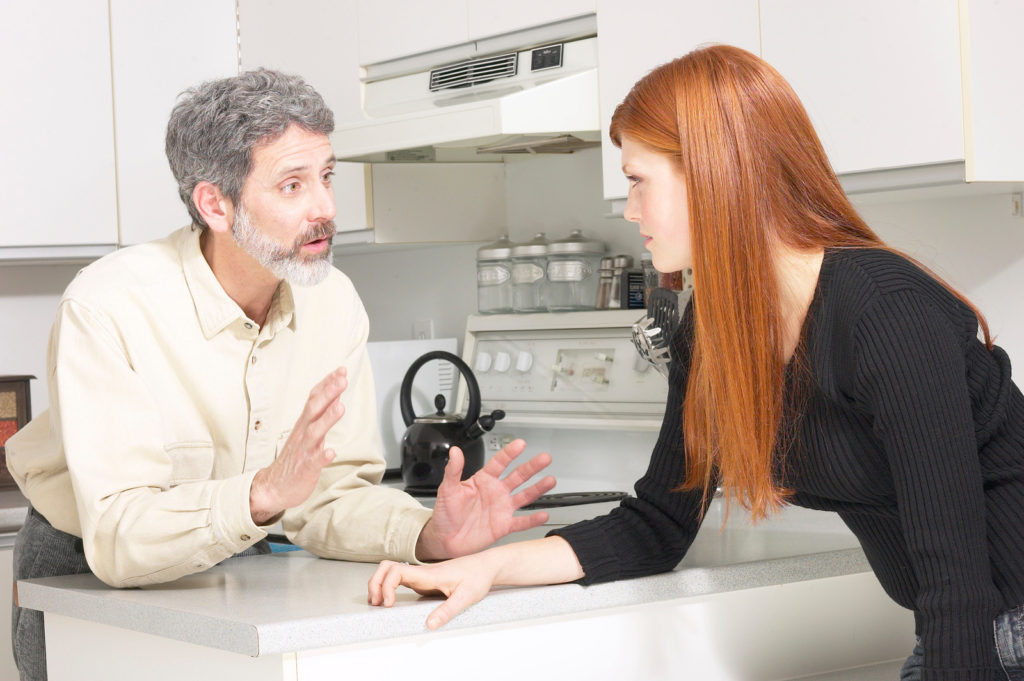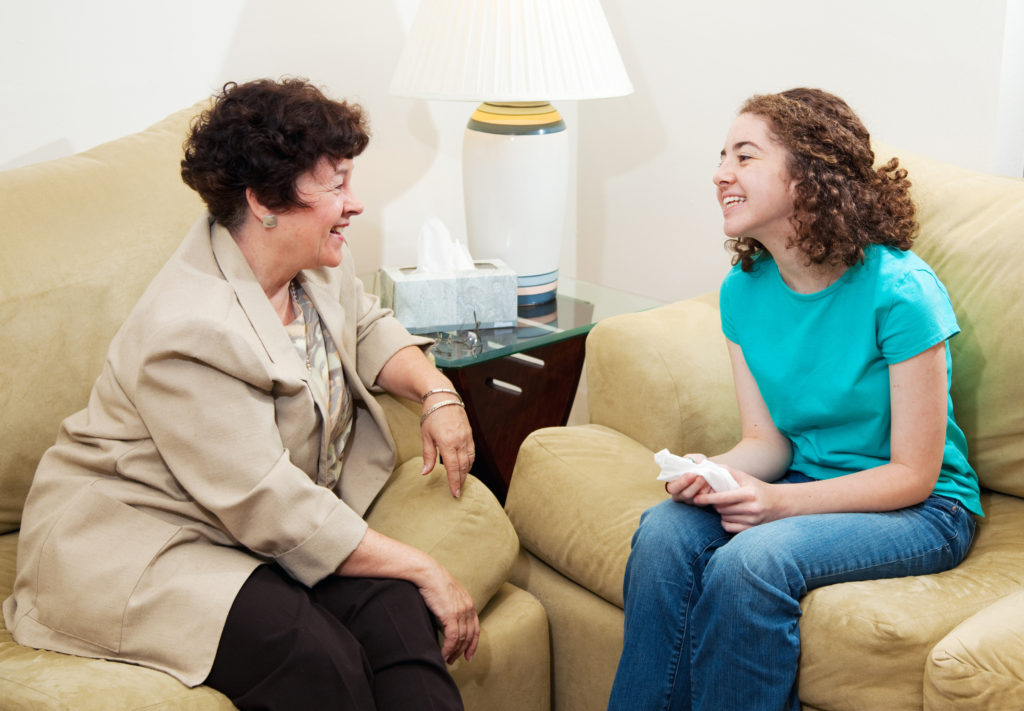
My Young On-Set Fighters wanted to share what they experienced when telling their loved ones and friends about their Parkinson’s disease, since it is a recent experience for them. You might be looking for these answers right now, so I thought it would be helpful to share. I’ve added a few points which have brought comfort to individuals during their initial conversations with me.
The timing of this discussion is completely up to you, especially if you are newly diagnosed and your symptoms are not noticeable yet. Please remember that this experience is going to be different for each person. Your personal relationships with people are different. These are just general guidelines, so feel free to tailor them as you need to.
- Most people wished that they would have revealed it sooner. Hiding your symptoms can be immensely stressful, and if people do notice your symptoms, they will draw their own conclusions. It is best to tell them and get it off your mind so that you can live your life freely.
- Think about how much information you want to share. There is no immediate need to share some details of progression.
- People do not die of Parkinson’s. Research shows about a 3-year difference in longevity of life, which is not even considered significant. Most people die because of complications related to falls. This is true for any senior. Therefore, “I am doing amazing training to prevent falls”. (Make this a true statement!)
- “I have a great health-care team I, and I feel comfortable asking them questions”. (Make this a true statement!)
- “Exercise is the best medicine, and I am working out harder than the average person and loving it”. (Make this a true statement!)
- “I know other people with Parkinson’s, have made friends, and intend to live my life to the fullest”. (Make this a true statement!)
- It’s good for people to know that your tremor and/or other symptoms can worsen with stress. A friend of mine was giving a presentation to an audience of other people with PD, and her hand began to shake more than usual. She said right out, “My hand is shaking because I am so excited to be here with you today!”, which was so true. Everyone understood, clapped, and laughed with delight. Magically her hand slowed down. Calling it out for what it is may help. It’s better to acknowledge it, and then go on.
- Young children know more than we think they do. Talk to them at their maturity level and reassure them that you are doing everything you can to stay healthy. (Make this a true statement!)
- I have some fighters who have waited a year or two to tell their friends. When they think back, they wish they would have told them earlier because people were wondering and they didn’t know how to say that they were noticing changes.

Regardless of when you reveal the news, you will have a wide variety of reactions. Some are supportive, of relief, or concern. Some are not helpful, and some will be doom and gloom remarks. However, you should ignore those. Those remarks come from their own experiences and fears. You know the good stuff and the most about your personal journey.
Some people may question your diagnosis and insist on a second opinion or try to convince you that you don’t have PD. For example, one fighter’s friend commented, “Remember when we were hiking and you had a wood tick? I bet you have Lime’s Disease… the symptoms are similar.” Reassure them that your team has confirmed your diagnosis.
Having almost 300 fighters in my program, I have heard just about everything when it comes to the reactions of others. Here are some statements to use and keep in mind when you have this discussion:
- Parkinson’s disease is not anyone’s fault, the cause is unknown.
- Parkinson’s disease is not contagious.
- Parkinson’s disease is not fatal. Talk on a level they will understand.
- Do not blindside them. Pick a time when you have their full attention.
- Tell them sooner rather than later.
- Be prepared to answer questions about your disease and how it will affect them.
- Don’t overwhelm them with information. Keep it simple.
- Keep it positive! You are doing amazing workouts and are in better shape than you’ve ever been in.
- Be calm, clear, and supportive of them so that they will understand how to be supportive to you.
- If they try to do things for you that you are fully capable of doing yourself, just say, “I want to stay as active as I can and continue to do these things, but Thank You.”

I hope these general guidelines will be helpful to you during this difficult task. Remember, these came from people who have gone through this before, and they wish you luck and love.
You Are Not Alone,
– 